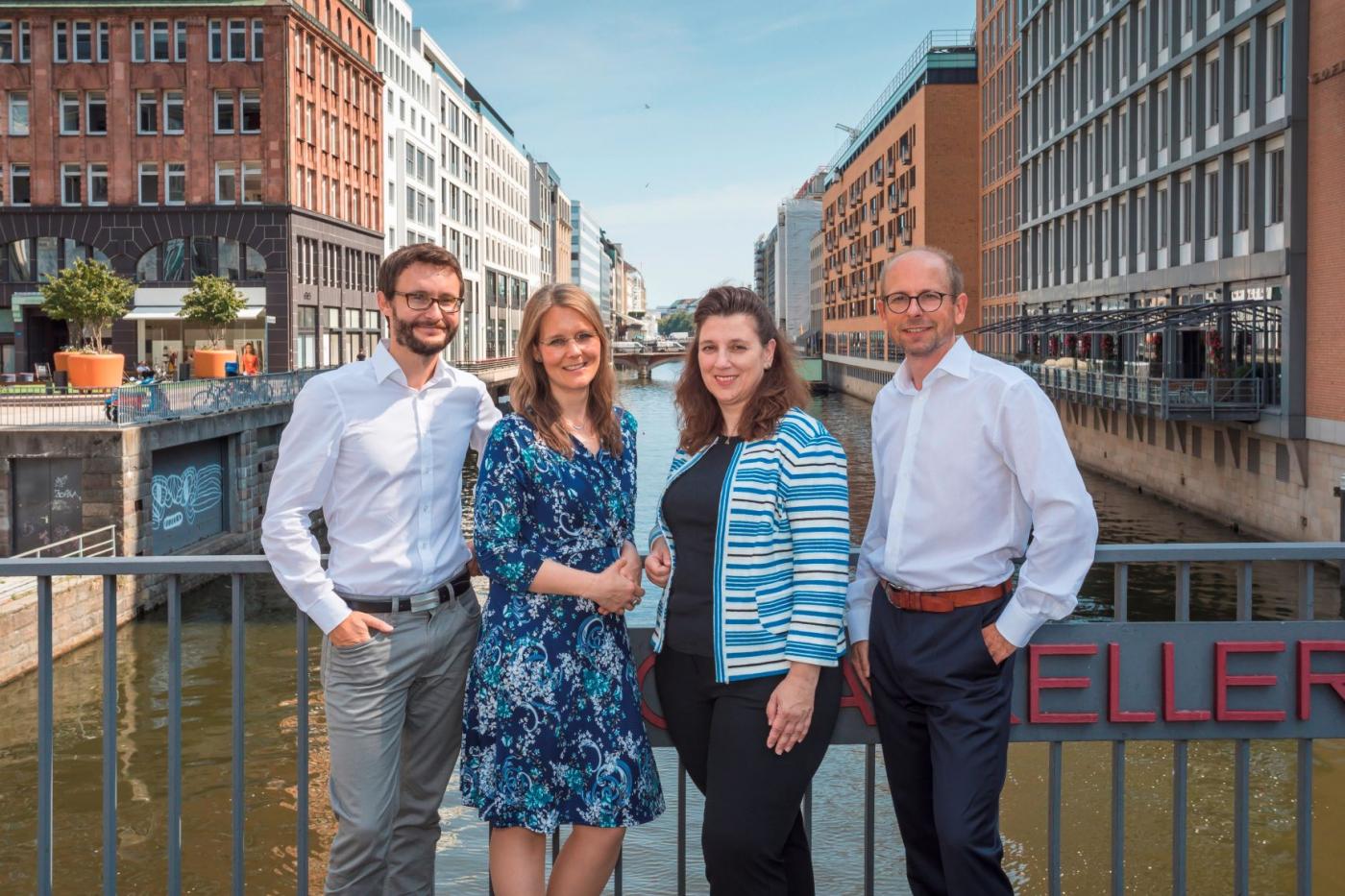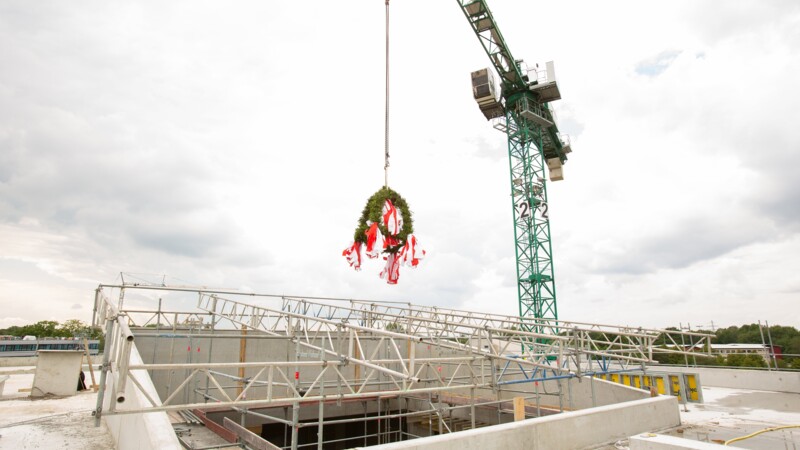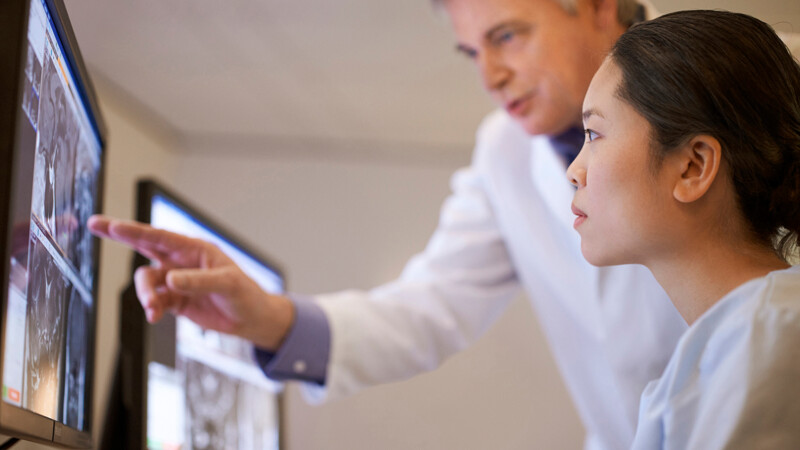The Hamburg-based Baqend start-up makes websites faster and safer. The company's "Speed-Kit" is a cloud-based technology solution and accelerates websites by an average of 50 to 300 per cent. "The optimization of a critical website infrastructure is extremely important," said Alois Krtil, a representative of the Innovations Kontakt Stelle Hamburg (IKS) which acts as an interface between science and business. The company has already assisted Baqend, a spin-off of at the Faculty of Computer Science at the University of Hamburg, on its way from research to start-up. "Baqend is a good example of successful knowledge transfer. The deep understanding of technology thanks to many years of research is having a significant impact amid corona," Krtil stressed.




